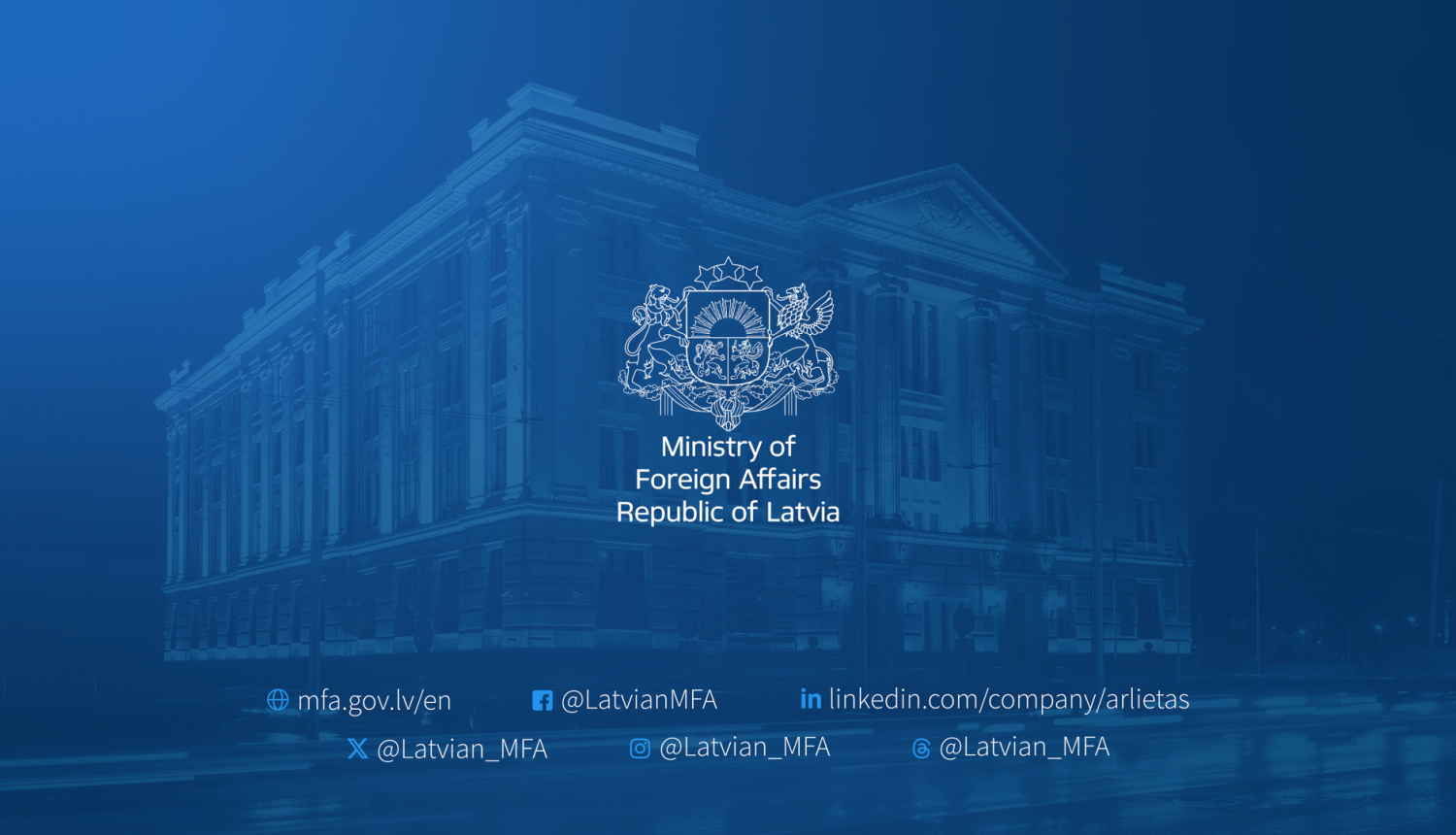The European Commission against Racism and Intolerance (ECRI), operating under the auspices of the Council of Europe, has published its sixth report on Latvia. The report covers the monitoring cycle from 2018 until November 2024. Its key themes are effective equality and access to rights, the eradication of hate speech and hate-motivated violence, integration, and inclusion.
The report provides an analysis of the situation in Latvia, assesses the country’s progress, and highlights examples of good practice relating to the topics addressed. It includes 17 recommendations, two of which are prioritised for implementation within the next two years:
- To establish a nationwide monitoring system for racist and anti-LGBTI incidents in schools;
- To create an inter-institutional working group to monitor hate speech and hate crimes, particularly those targeting ethnic and LGBTI communities.
ECRI emphasises the need for effective data collection and appropriate measures in these areas, which it considers are still insufficiently addressed. The Commission calls for guidance provided to teachers and other ethics and civic education materials to exclude any content that might promote prejudice, stereotypes, or discrimination, or serve as a basis for introducing discriminatory content in lessons relating to LGBTI equality in schools.
The Commission sees it as an example of good practice that over 60 Latvian schools have participated in a programme aimed at preventing bullying in schools.
Regarding migration, ECRI stresses that migrants should have access to essential services (healthcare, education, housing, social and legal assistance), with a prohibition on service providers reporting such persons to immigration authorities. The Commission urged the prevention of criminalisation of humanitarian assistance to migrants. At the same time, Latvia’s efforts to improve access to Latvian language education to meet demand and promote social inclusion of migrants are positively noted.
ECRI points out the absence of information on the situation of intersex persons in Latvia and recommends conducting an independent study on intersex persons to clarify their situation and ensure their needs are met.
The report notes that, despite the new partnership law that also applies to same-sex couples, important issues such as inheritance rights, family recognition, and legal gender recognition remain unresolved.
In May 2025, the Latvian government submitted comments to the Commission explaining the country’s position on the observations and recommendations contained in the report.
The full report and the government’s comments are published on the Commission’s website.
For information
- The European Commission against Racism and Intolerance (ECRI) was established in 1994 as a unique expert body dedicated to combating the rising problems of racism, xenophobia, antisemitism, and intolerance that threaten human rights and democratic values in Europe. It comprises 46 independent experts nominated by the Council of Europe member states, working on the basis of the European Convention on Human Rights and its Protocols.
- ECRI regularly prepares periodic reports on all member states of the Council of Europe, and it is incumbent on each state to maintain ongoing dialogue with the Commission. Each monitoring cycle spans five years, and the main themes of the sixth monitoring cycle, common to all Council of Europe member states, are effective equality and access to rights, the elimination of hate speech and hate-motivated violence, and integration and inclusion.
- The sixth monitoring cycle in Latvia began at the end of 2018, and the report covers the period until 20 November 2024. It was prepared based on information gathered during the Commission’s delegation visit to Latvia from 11 to 14 June 2024.




